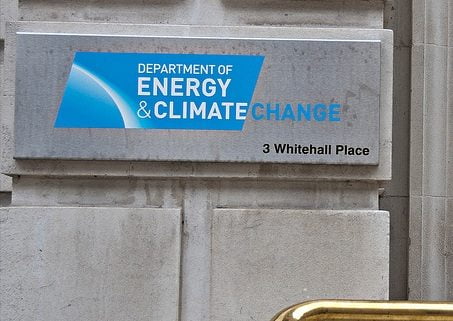

Energy
Spending Review: Energy Saving Trust response to 22% DECC spending cut and RHI reform
In response to Wednesday’s 22% spending cut to Department of Energy and Climate Change, Philip Sellwood, Chief Executive, Energy Saving Trust, said: “With the Paris summit just around the corner and £48 billion a year planned for infrastructure projects over the next five years we believe that investment in warmer, energy efficient homes should be prioritised. Energy efficiency can bring £8.7 billion of economic benefit to the UK and, put simply, our homes are infrastructure too.
“We need housing equipped to conserve heat and homes that use less energy. For this reason, the government should think of energy efficiency as the first fuel because the cheapest energy is the energy that isn’t used. Last year, the UK avoided spending over £6.5bn ($10bn) on imports thanks to energy efficiency. It’s good for energy security, good for our economy, and brings about lower bills for householders.
“When it comes to the desperate need for new low-cost housing and the need to make sure the UK has enough energy to keep the lights on we should balance both priorities. We simply can’t afford for today’s decisions to create bigger problems for tomorrow.”
On the reform of the Renewable Heat Incentive, Sellwood, said: “While we don’t have the details we are worried about the reform of the Renewable Heat Incentive (RHI). Green Deal was shelved just as it was beginning to turn the corner and now we are cutting back the RHI before it has had chance to take off. We’ve got to think long term. The Secretary of State, Amber Rudd, has recognised the government doesn’t have sufficient policies in place to promote clean heat so cutting the one policy we do have for renewable heat in homes is a step backwards.
“The RHI has had growing success with over 46,000 installations generating renewable heat through the scheme, up from only 15,000 this time last year. The RHI has particularly helped off-gas rural households (73% of RHI installations are in off-gas households- GB wide) where the problem of fuel poverty is most acute.
“We understand there will be a new DECC strategy for heat in the spring. It’s vital this strategy contains a robust plan to promote clean efficient heat, particularly in rural homes.”






























